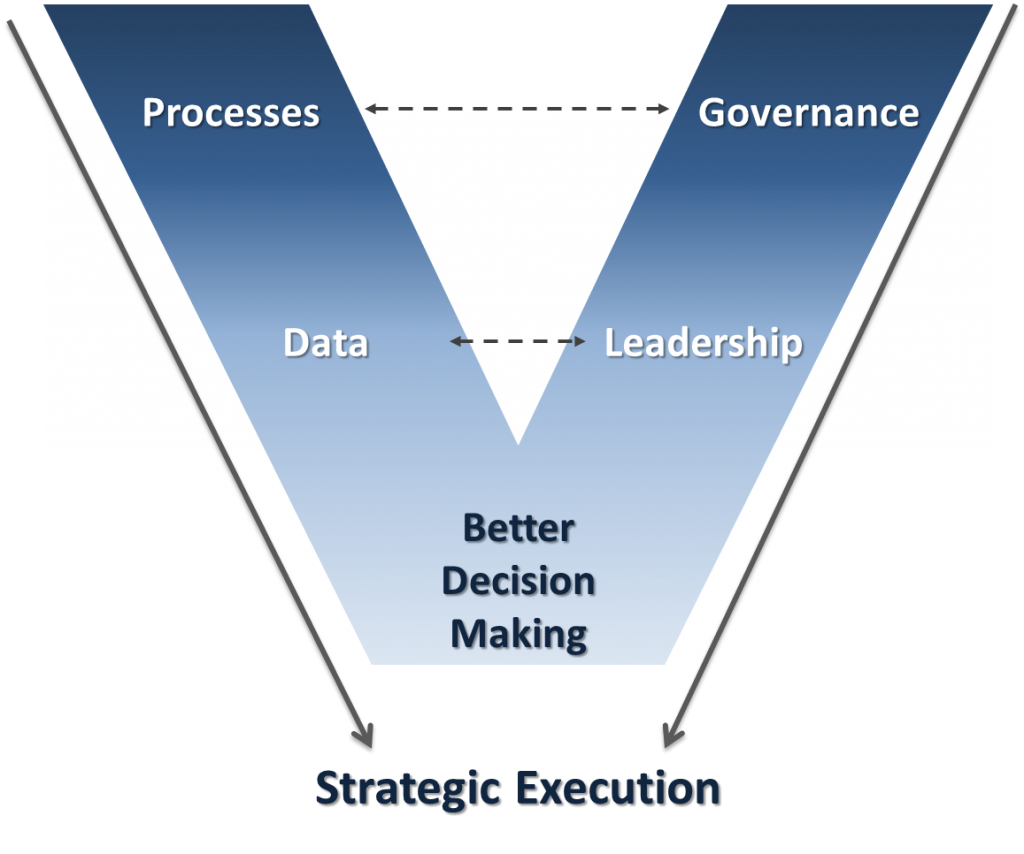[activecampaign form=9]
Project pipeline management is an important component of project portfolio management (PPM) and involves steps to ensure that an adequate number of projects are being evaluated and screened out at various stages of the intake process to meet strategic objectives. Other factors such as organizational budget and resource capacity also come into play so that the organization is not overloaded with work, which can be a risk factor for completing organizational and strategic goals.
Pipeline Management Question
The question you should ask yourself today is whether or not your organization’s project pipeline resembles a funnel or a tunnel. In theory, as projects pass through the work intake process, those that do not meet key criteria or are deemed of lower value should be screened out. This would cause the project pipeline to look more like a funnel (shown below).

Unfortunately, in reality, this is not often the case. I know of one large Fortune 500 company that killed three times (3x) more projects after they were authorized than when they were initially being evaluated. In this case, there is hardly a funnel, but more of a tunnel (shown below) in which most projects get approved. This can cause organizational chaos since more work is authorized than people have time to work (a capacity management issue). Good project pipeline management should evaluate governance decision making effectiveness to understand the rate of up front project approvals. When the portfolio governance team is approving more than 95% of projects, something needs to done to adjust decision making, otherwise project reviews are not effective.

In a future post we may explore success factors for managing the project pipeline, but for now it is sufficient to highlight two success factors: strong strategic leadership and clear screening criteria. When senior leaders can say “no” to projects for the right reasons, this will foster a leaner project pipeline and healthier project portfolio. Clear screening criteria make it easier for senior leadership to say no to misaligned projects, which requires a solid understanding of organizational goals and objectives.
